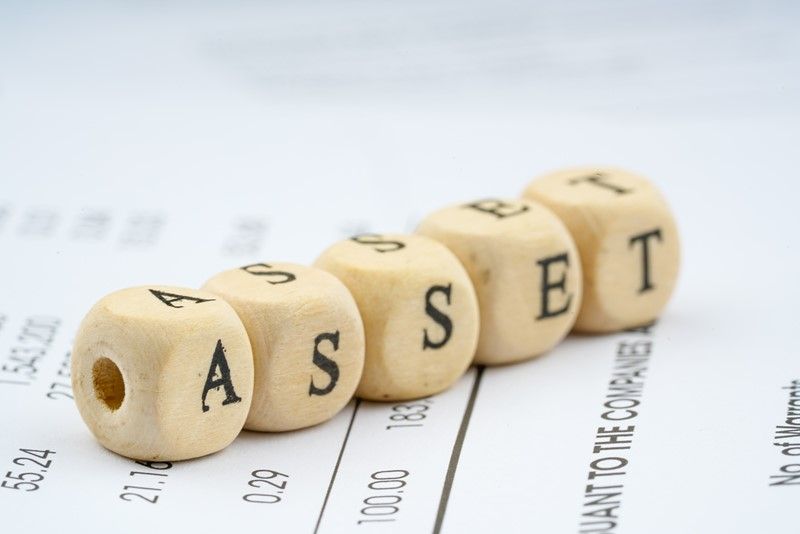Help with outstanding tax bills
HMRC’s Time to Pay lets eligible taxpayers spread tax bills over time, avoiding immediate enforcement.
If you owe tax to HMRC, you may be able to set up an online ‘Time to Pay’ payment plan depending on the type of tax debt and your circumstances. For self-assessment, you can create a payment plan online if you’ve filed your latest tax return, owe £30,000 or less, are within 60 days of the deadline and have no other debts or payment plans with HMRC.
For employers’ PAYE contributions, online payment plans are available if you’ve missed a payment deadline, owe £100,000 or less, aim to repay within 12 months and have no other debts with HMRC. Additionally, all due PAYE and Construction Industry Scheme (CIS) submissions must be filed.
If you owe VAT, you could set up a payment plan online if you missed the deadline, owe £100,000 or less, intend to pay within 12 months, have filed all tax returns and the debt relates to an accounting period starting in 2023 or later. Businesses on the Cash Accounting Scheme, Annual Accounting Scheme or those making payments on account are not eligible to set up a plan online.
For Simple Assessment debts, online payment plans are possible if you owe between £32 and £50,000, have no other debts with HMRC, and can pay it off within 36 months.
If you are not eligible for an online plan, you must contact HMRC directly. They will ask for details about your income, expenses, other tax liabilities, and any savings or assets, which they may expect you to use toward your debt.
HMRC will offer taxpayers the option of extra time to pay if they think they genuinely cannot pay in full but will be able to pay in the future. If HMRC do not think that more time will help, then they can require immediate payment of a tax bill and start enforcement action if payment is not forthcoming.




